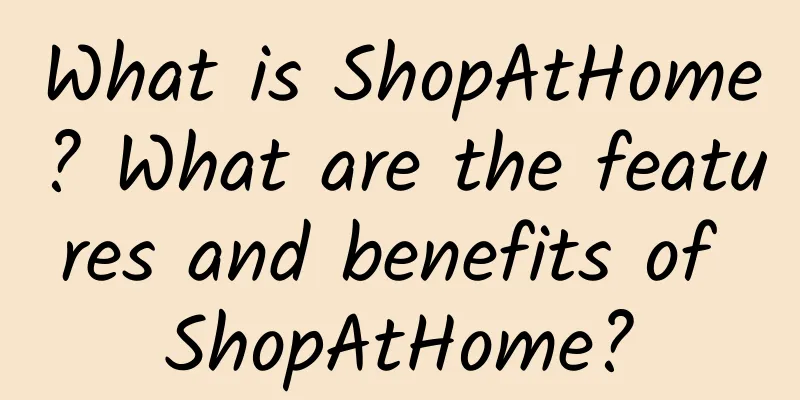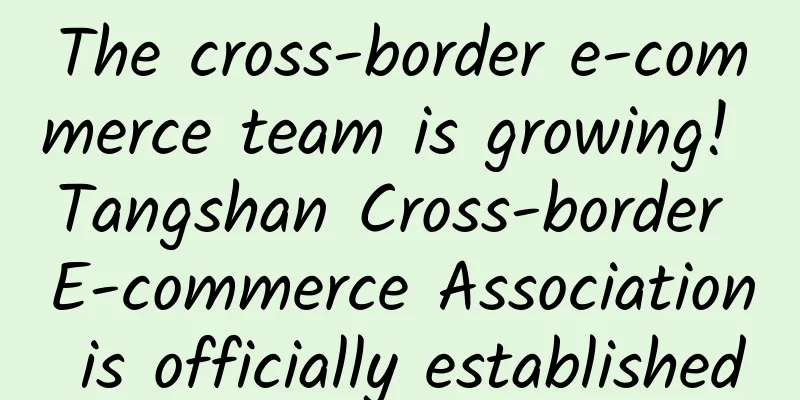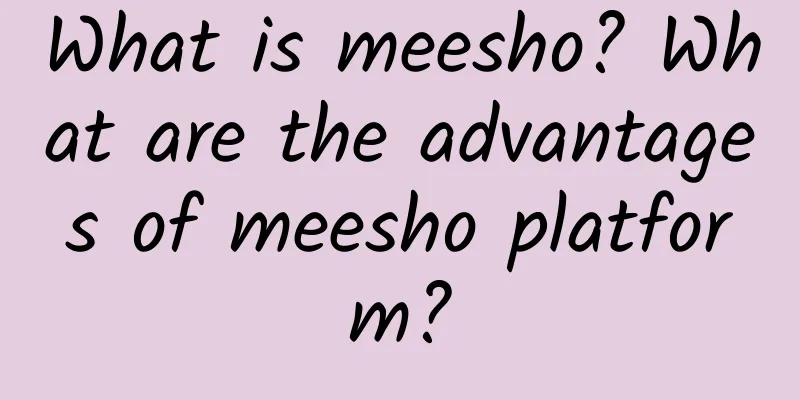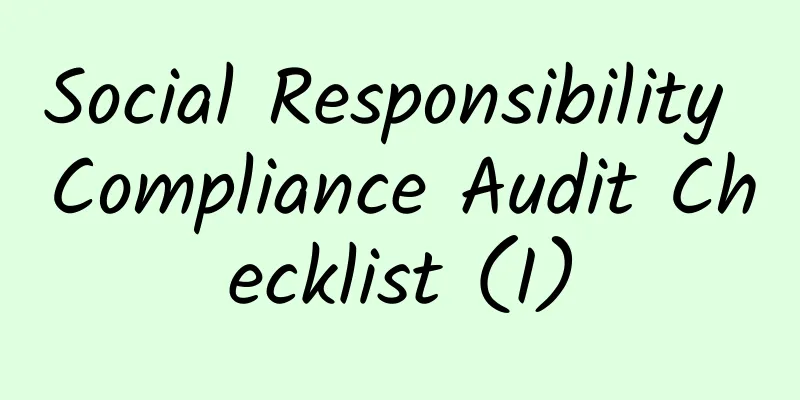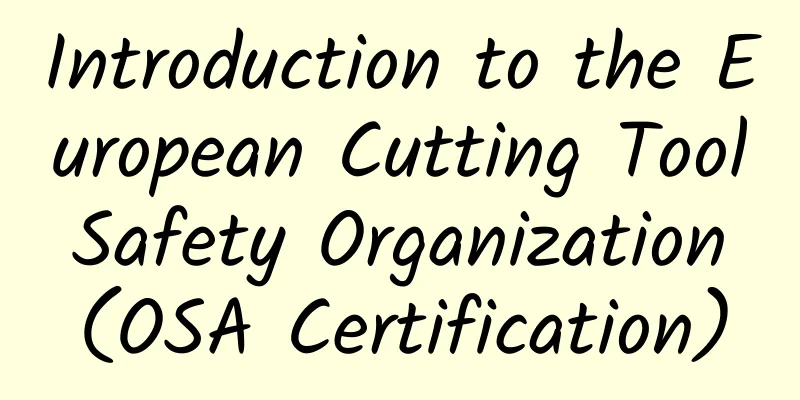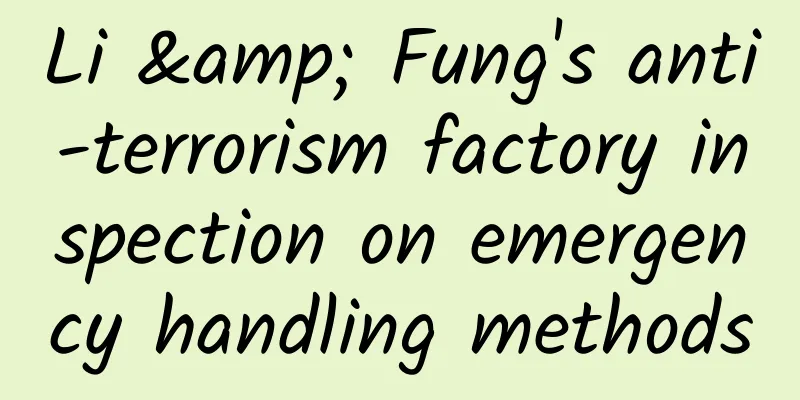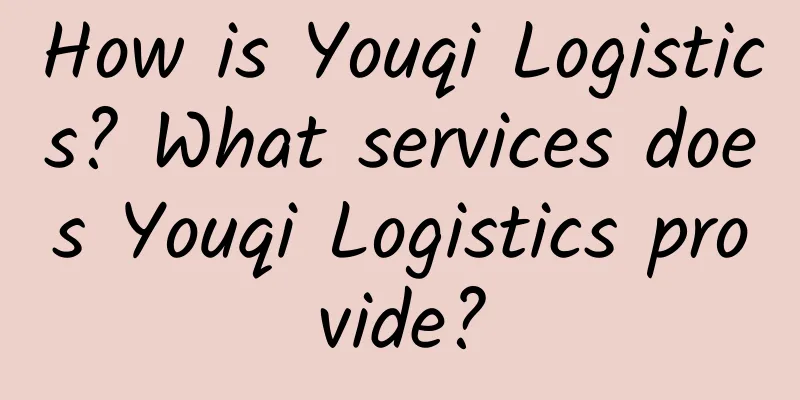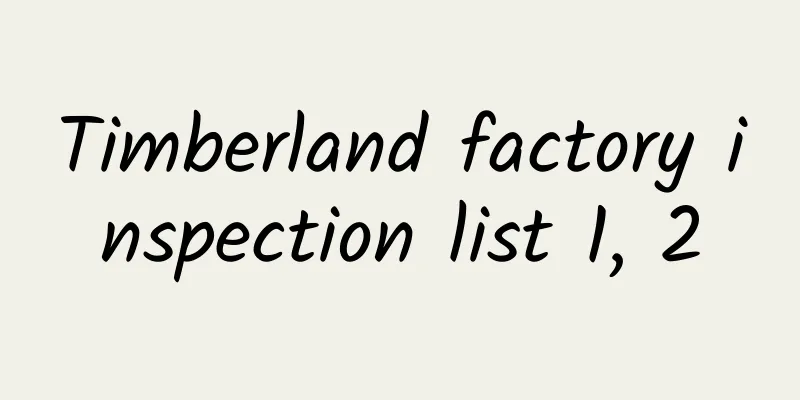Target's social responsibility factory inspection has new requirements
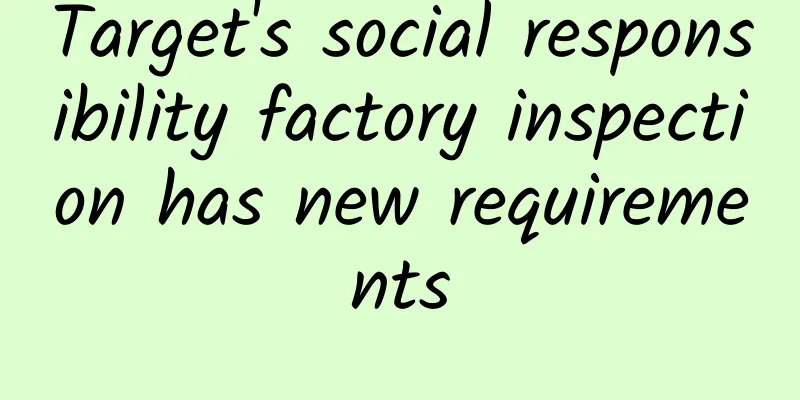
|
I believe that everyone in the industry has recently heard about Target's new social responsibility policy. Like Walmart in 2017, Target decided to cancel its long-standing model of social responsibility audits by Target auditors starting May 1, 2020, and instead adopt an external existing social responsibility standard instead. Let's sort out the exact content of Target's new policy and more detailed implementation details. Beginning May 1, 2020, Target will accept the following external standards (in alphabetical order): 1. Better Work 2. BSCI 3. Fair Trade USA 4. IETP (formerly ICTI) 5. RBA 6. SLCP 7. SMETA 4 Pillars But this does not mean that Target suppliers can choose the above items at will, because there are additional requirements as follows: 1. Toy suppliers can only choose IETP. 2. Shoe and clothing suppliers can only choose SLCP. SLCP does not currently cover all countries in the world. In countries that SLCP does not cover, I believe Target will have other arrangements. SLCP has covered China and has become increasingly popular in the past two years. People in the industry are basically familiar with it. 3. SMETA can only choose 4 Pillars, and the number of auditing agencies accepted is limited to 5 (BV/Elevate/Intertek/SGS/UL). The logic of Target limiting the auditing agencies in the SMETA project is actually the same as that of other buyers - because SEDEX has not yet started formal auditing agency accreditation like other social responsibility auditing projects, so when buyers accept the SMETA project, they will more or less limit the auditing agencies they accept according to their own standards. 4. Except for the SMETA project, Target does not limit the auditing agencies in the other projects it accepts. In other words, Target suppliers can choose any auditing/verification agency for the above projects except SEMTA, as long as the auditing agency is an approved auditing/verification agency for these projects. 5. As for Higg FEM, Target has indeed begun to require some of its suppliers to conduct self-assessment/verification of Higg FEM, but the Higg FEM project is an environmental project rather than a socially responsible labor project, so it cannot be used to prove Target's socially responsible labor requirements. This means that a Target supplier cannot simply submit a Higg FEM verification report to be exempted from the above Target social responsibility requirements. The above are the main requirements of Target so far, and there may be subsequent updates. Target's new policy is consistent with the overall trend of social responsibility auditing in recent years, which is to allow suppliers to independently choose audit projects and audit agencies. At the same time, suppliers can also share the same report with other buyers, reducing the number of audits and saving costs. Against the backdrop of the global economic downturn caused by the epidemic, this is particularly valuable for foreign trade companies. |
<<: Affected by the epidemic! Disney extends the validity period of FAMA annual review report!
Recommend
Gearbes—B2C comprehensive e-commerce platform
What is Gearbes? Gearbest is affiliated to Shenzh...
Shopee Cross-border丨The “Triple Kill” of Customer Service?
There are still 5 days until Double 11. The days ...
How to view other people’s Shopify stores?
Recently, many people have asked how to find othe...
China becomes Coca-Cola's star market
It was recently learned that Coca-Cola Greater Ch...
Polyvinyl chloride MSDS Material Safety Data Sheet
Polyvinyl chloride (high molecular weight) Materi...
BSCI Supplier Audit Procedure
BSCI supplier audit is a complex and highly syste...
What is Student Money Saver? What benefits does Student Money Saver offer?
Student Money Savers specializes in student disco...
Introduction to ICTI factory audit annual review
1. Introduction This document applies to the annu...
How to register EbayVAT? What materials are needed for EbayVAT registration?
How to register eBay VAT? There are two channels ...
FNAC (factory inspection) chain company introduction
FNAC chain was founded in 1953 and merged into the...
What is Appen International? How has Appen International evolved?
OrderPlus is a cross-border e-commerce company th...
What is EU GMP certification? What is the significance of EU GMP certification?
What is EU GMP certification? GMP is the abbrevia...
Shanghai Chaowang Anti-Counterfeiting Statement
Dear Customer: Recently, some people have used ou...
The latest TESCO quality factory audit requirements
Regardless of the customer's factory inspecti...
What is FiveStars? What are the features of FiveStars?
What is FiveStars? FiveStarsCard is equivalent to...
